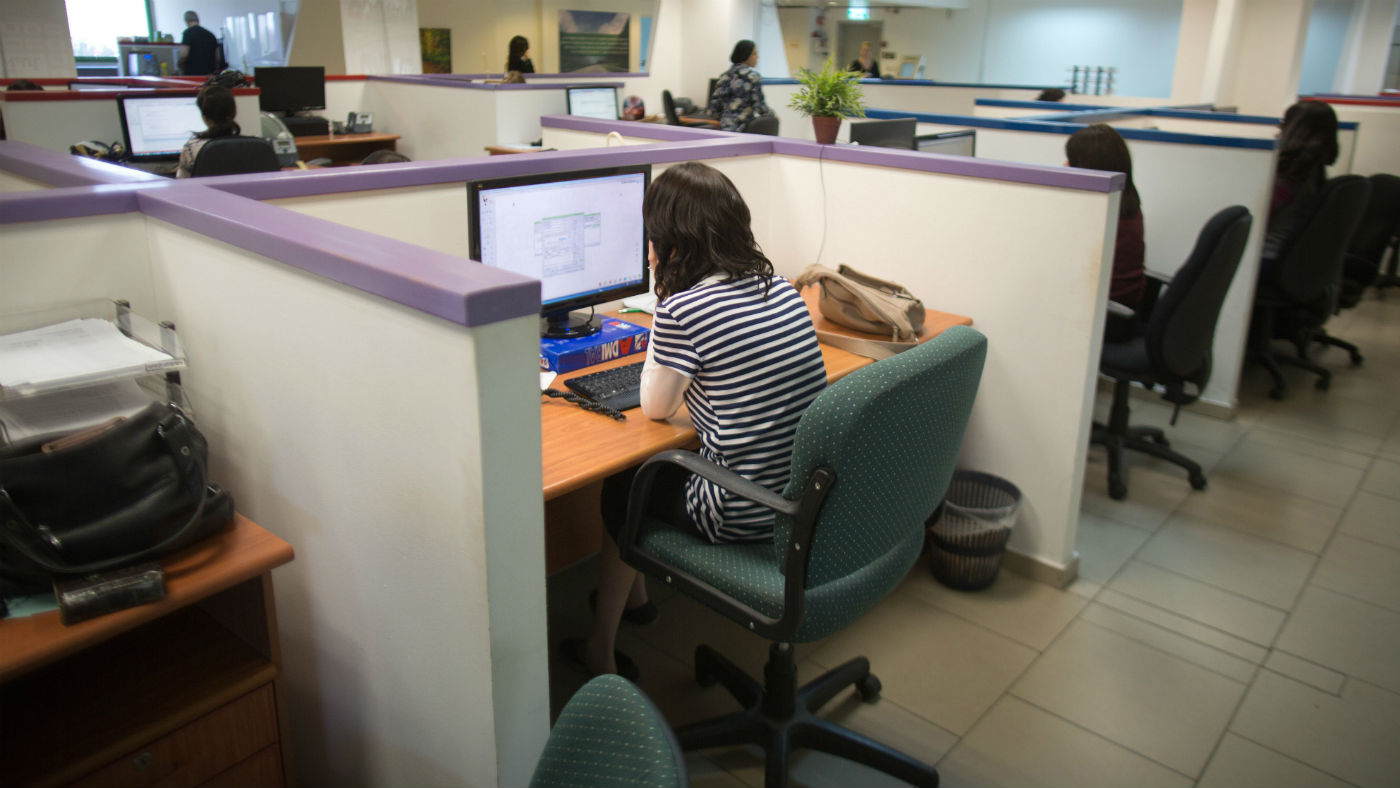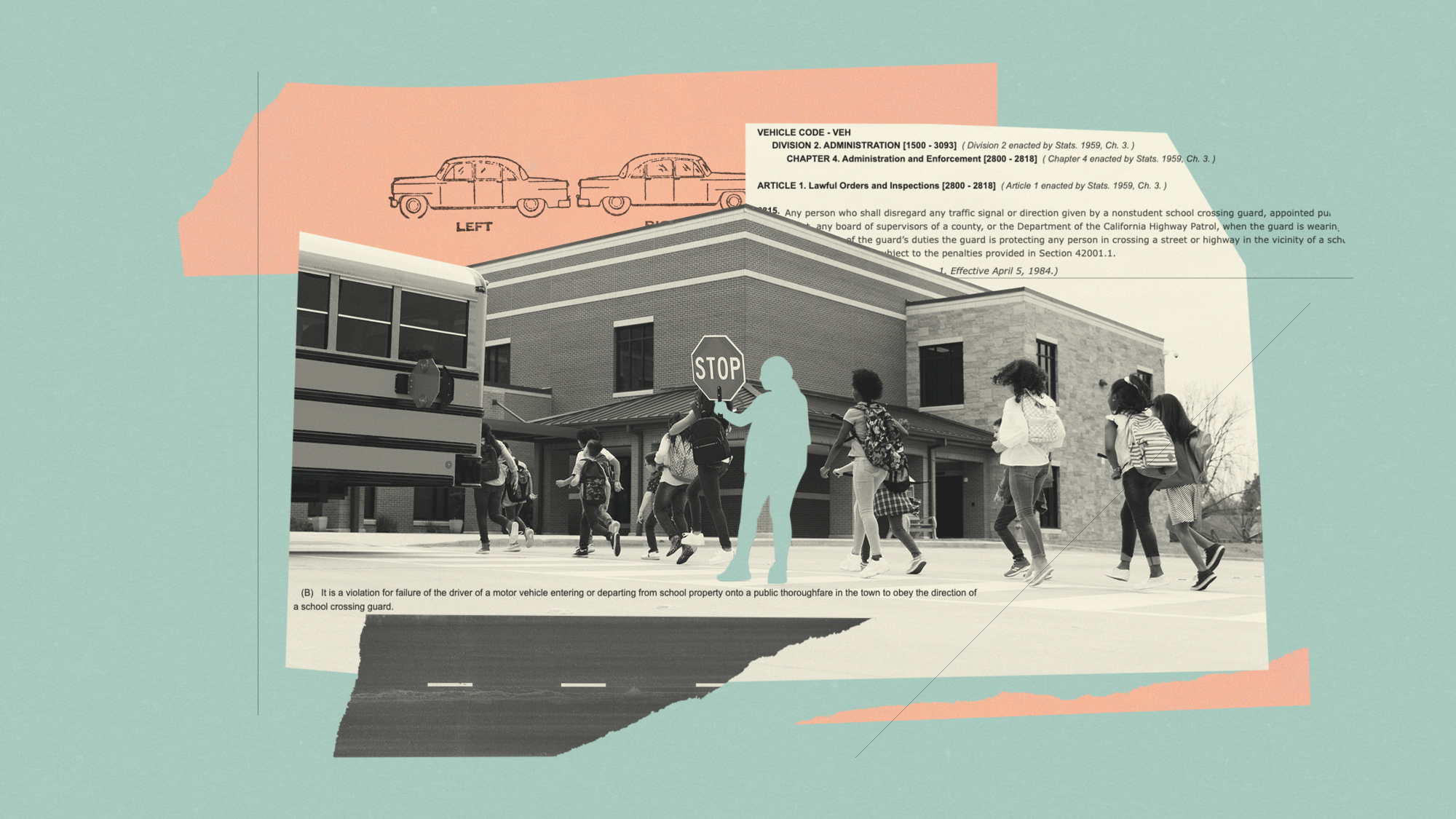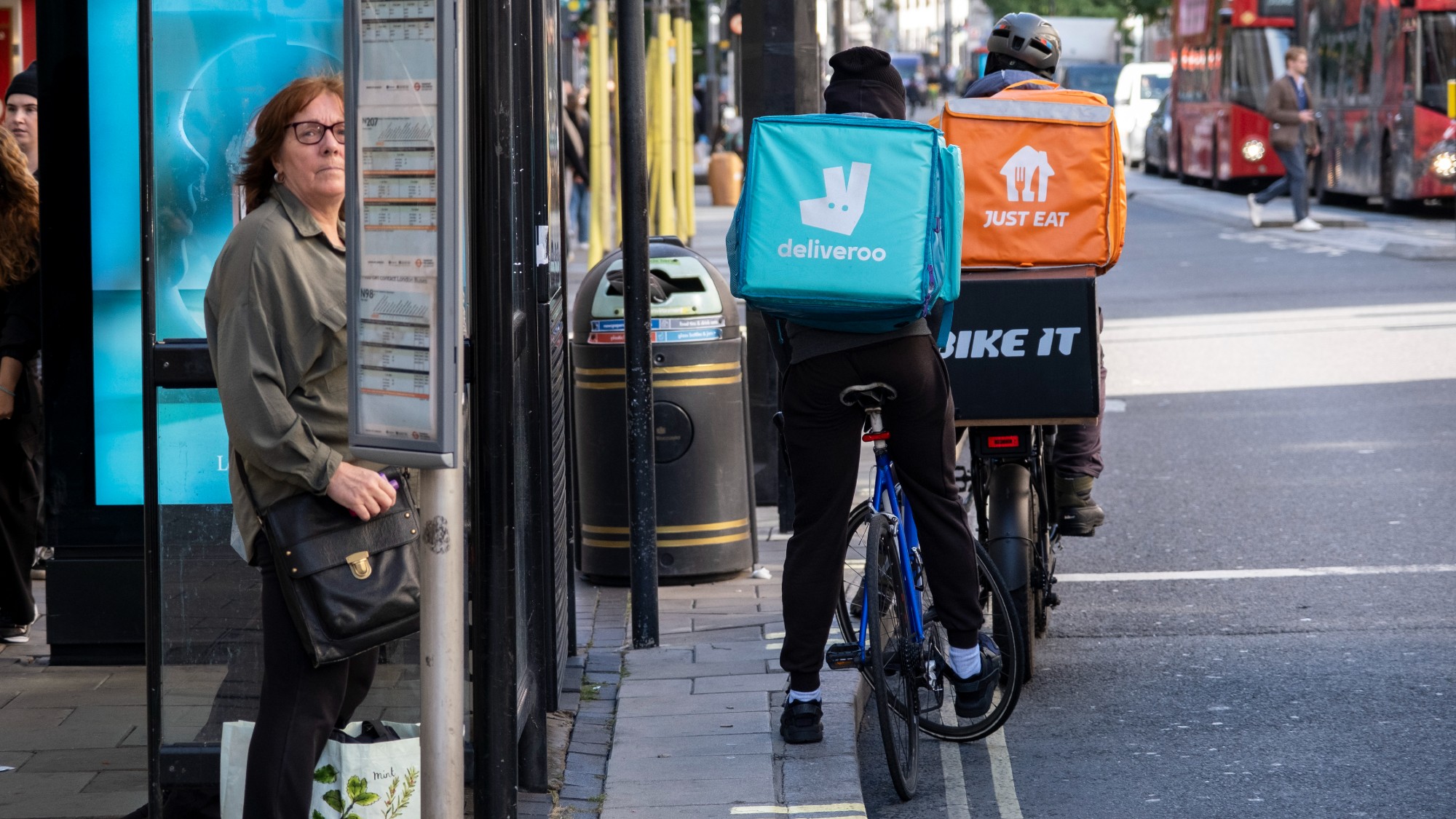Why are UK workers taking fewer sick days?
ONS says number of days off last year fell to a record low

A free daily email with the biggest news stories of the day – and the best features from TheWeek.com
You are now subscribed
Your newsletter sign-up was successful
The number of sick days being taken by British workers has fallen to the lowest level on record, fueling fears that more people are choosing to work while ill because they are fearful for their job.
Figures from the Office for National Statistics reveal the average number of sick days taken by UK workers fell to 4.1 in 2017, a sharp decline from the 7.2 recorded in 1993, when the data was first collected.
The sickness absence rate, the proportion of working hours lost to sickness, was higher in the public sector (2.6%) than in the private sector (1.7%), although the discrepancy has narrowed since the financial crisis a decade ago.
The Week
Escape your echo chamber. Get the facts behind the news, plus analysis from multiple perspectives.

Sign up for The Week's Free Newsletters
From our morning news briefing to a weekly Good News Newsletter, get the best of The Week delivered directly to your inbox.
From our morning news briefing to a weekly Good News Newsletter, get the best of The Week delivered directly to your inbox.
“Higher sickness absence in the public sector is partly explained by the profile of the workforce,” says the ONS. “It employs more older people and women, both of whom tend to have higher rates of sickness absence.”
Minor illness such as coughs or colds and back and joint pain still make up the majority of excuses, although a breakdown of the figures reveal that younger people are far more likely to cite mental health as a reason for work-related absence than their older peers.
Among 25 to 34-year-olds, 9.6% of sick days were due to mental health conditions last year, up from 7.2% in 2009.
But while decreased rates could be down to healthier lifestyles among workers, it may also reflect a private sector where workers are less likely to be paid for a spell of sickness and fears among workers in casual employment repeated absences could endanger their future job prospects.
A free daily email with the biggest news stories of the day – and the best features from TheWeek.com
Sir Cary Cooper, a professor at Manchester Business School, said presenteeism, where people go to work even though they are ill, was the major factor in the drop in average sick days taken.
“Sickness absence is low because presenteeism is high,” he told The Guardian. “Given the aftermath of the recession and with Brexit looming people are frightened to be off ill, so they show ‘face time’ when ill or feeling low or job dissatisfied.
“They do not want high levels of absenteeism on their HR record, which they feel will make them vulnerable.”
In response to the figures, the TUC general secretary, Frances O’Grady, said: “It’s time to ditch the myth that UK workers are always throwing sickies. The reality is that people are more likely to go to work when ill than stay home when well”.
-
 The ‘ravenous’ demand for Cornish minerals
The ‘ravenous’ demand for Cornish mineralsUnder the Radar Growing need for critical minerals to power tech has intensified ‘appetite’ for lithium, which could be a ‘huge boon’ for local economy
-
 Why are election experts taking Trump’s midterm threats seriously?
Why are election experts taking Trump’s midterm threats seriously?IN THE SPOTLIGHT As the president muses about polling place deployments and a centralized electoral system aimed at one-party control, lawmakers are taking this administration at its word
-
 ‘Restaurateurs have become millionaires’
‘Restaurateurs have become millionaires’Instant Opinion Opinion, comment and editorials of the day
-
 Ski town strikers fight rising cost of living
Ski town strikers fight rising cost of livingThe Explainer Telluride is the latest ski resort experiencing a patroller strike
-
 Employees are branching out rather than moving up with career minimalism
Employees are branching out rather than moving up with career minimalismThe explainer From career ladder to lily pad
-
 Out of office: Microretirement is trending in the workplace
Out of office: Microretirement is trending in the workplaceThe explainer Long vacations are the new way to beat burnout
-
 Being a school crossing guard has become a deadly job
Being a school crossing guard has become a deadly jobUnder the Radar At least 230 crossing guards have been hit by cars over the last decade
-
 Why 'faceless bots' are interviewing job hunters
Why 'faceless bots' are interviewing job huntersIn The Spotlight Artificial intelligence is taking over a crucial part of recruitment
-
 Champagne problems: migrant vineyard workers treated 'like slaves'
Champagne problems: migrant vineyard workers treated 'like slaves'Under the Radar Convictions spotlight the 'exploitation and misery' at the heart of the 'glamorous' industry
-
 How many people are working illegally in the UK?
How many people are working illegally in the UK?The Explainer Government vows 'nationwide blitz' on illicit workforce believed to number in the hundreds of thousands
-
 What is 'career catfishing' and why are Gen Z doing it?
What is 'career catfishing' and why are Gen Z doing it?Under The Radar Successful job applicants are increasingly disappearing before their first day